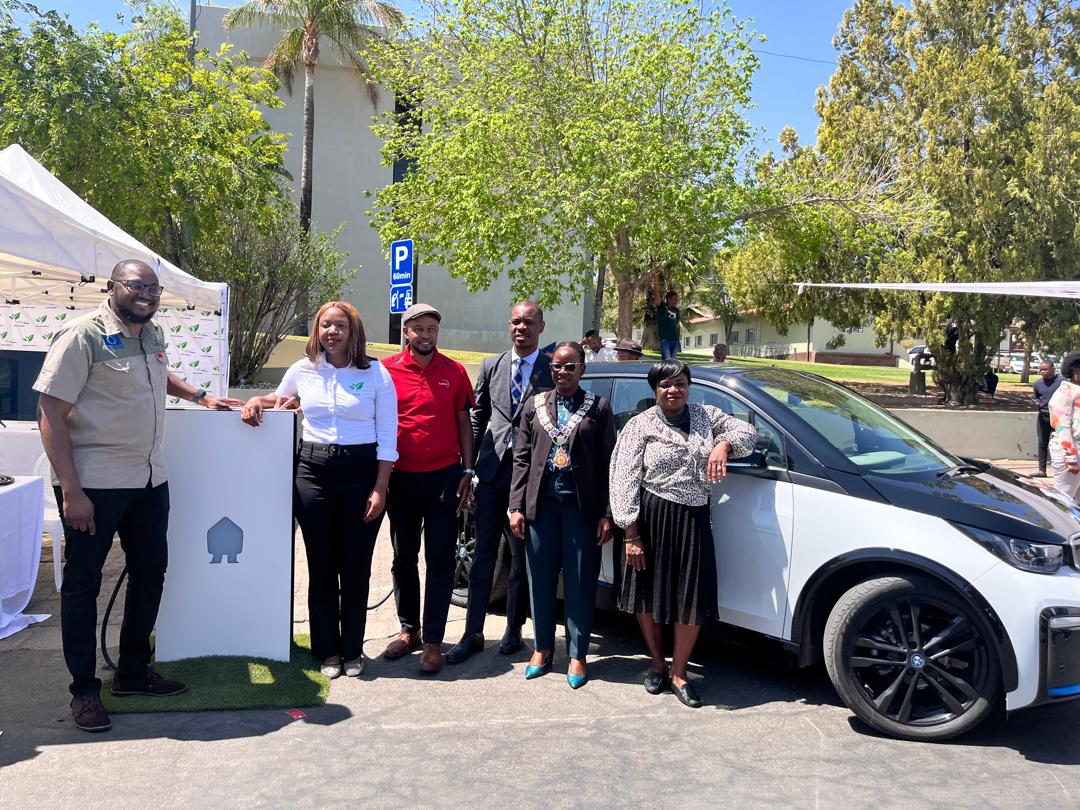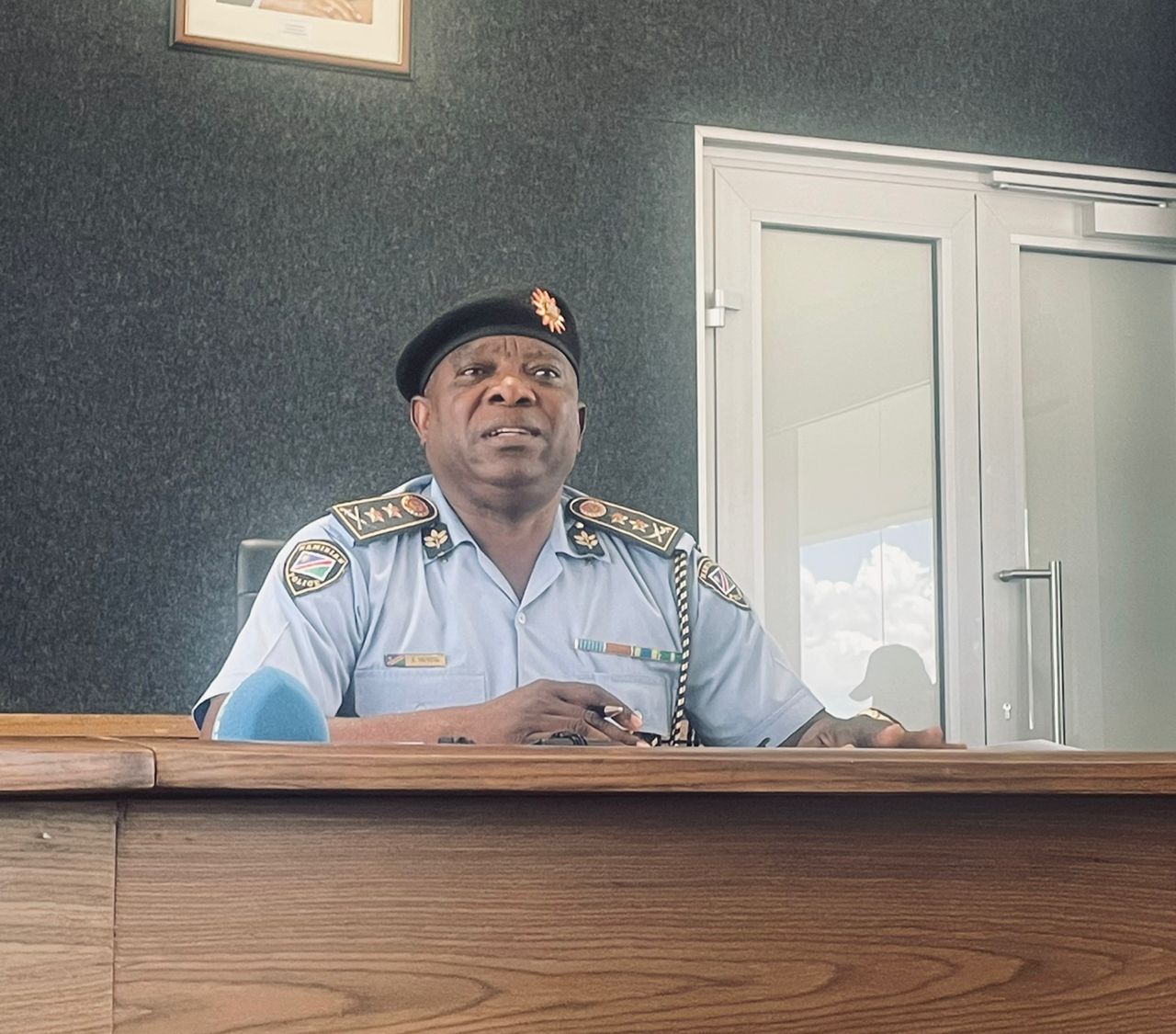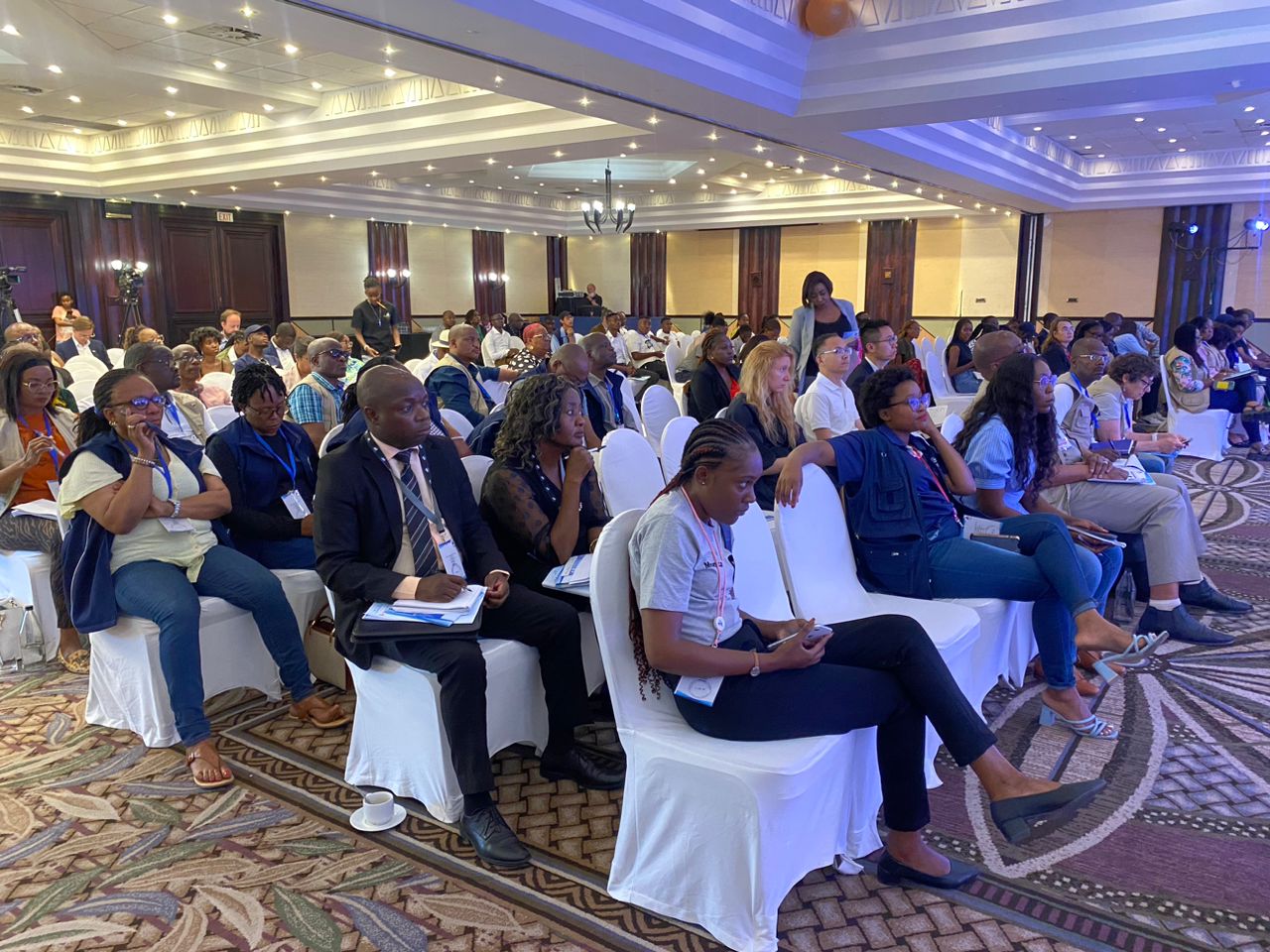“We cannot call ourselves a sustainable city for as long as the majority of the people are living in informal settlements.”
This was said by environment specialist Olavi Makuti at the launch of the City of Windhoek’s five-day ‘Zero Emission Week’ in Windhoek yesterday.
The city plans on having 10 000 electric vehicles by 2030 to become more sustainable and caring.
Windhoek mayor Queen Kamati said the city has initiated a plan to alleviate the global fight against climate change and reduce greenhouse gas emissions.
“This week’s activities will raise awareness on mobility, air pollution and climate change, encouraging our residents to adapt to a more sustainable lifestyle,” she said.
Kamati said the five-day week will encourage residents to become more sustainable by creating initiatives in which residents can cycle, walk and use electric vehicles in the hope of preserving the environment.
“This global movement calls on all of us individuals, business and governments alike to take proactive steps in reducing our carbon footprint,” she said.
The mayor said through this initiative, residents can help build a greener and more resilient Windhoek for future generations.
Chief executive Moses Matyayi said Namibia has a small-scale contribution to emissions, yet experiences the effects of global warming.
“The signs of global warming are in the patterns of our weather, the droughts and weather conditions,” Matyayi said.
He said everyone’s contribution to reducing emissions is part of the city’s vision of being sustainable and caring by 2027.
Makuti said the city plans to circulate 10 000 electric vehicles by 2030 to help limit the increase of the world’s temperature.
“By 2030 we want to reduce the emission by 91%, provided we get funding to green our infrastructure,” he said.
Makuti said a sustainable city can be created through solar parks, building greener infrastructure, maintaining clean air and addressing climate disasters before they occur.
He said the only way the city can become sustainable and caring, is, however, by addressing residents in informal settlements.
Executive director of works and transport Cedric Limbo said electric vehicles would change the transportation industry.
“Electric vehicles are not just good for the environment, but also much cheaper,” he said.
Limbo said the Ministry of Works and Transport will encourage a non-motorist incentive, urban vehicle transportation, public fleets and air quality monitoring in the city.
He said electric vehicles’ use of rechargeable lithium based batteries with zero emissions and low running costs would be beneficial to the transport industry.
“Though the initial cost is high, electrical vehicles can use solar and wind energy to charge the batteries in the long run, which reduces dependence on imported fossil fuels,” he said.
Limbo said difficult decisions have to be taken to encourage a greener transport system amid the discovery of oil in the country.
Stay informed with The Namibian – your source for credible journalism. Get in-depth reporting and opinions for
only N$85 a month. Invest in journalism, invest in democracy –
Subscribe Now!






